-
June 9, 2015
- From the section Africa
- 15 March 2015
Date: Tue, 9 Jun 2015 19:58:09 +0200
It is rare to get access to Eritrea, which is considered one of the world's most repressive and secretive states. A BBC team were recently allowed to visit to cover a story about healthcare and the photos from their trip give a glimpse of what life is like there:
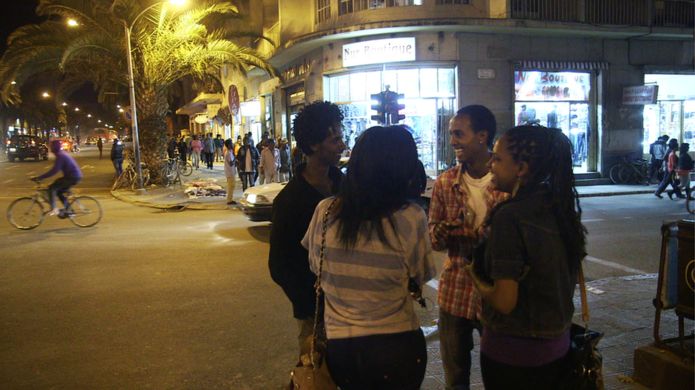
Despite the thousands of young Eritreans who flee the country each month, the capital city, Asmara, was buzzing with life. Here young Asmarinos enjoy their evening after drinking coffee in the centre of the city.
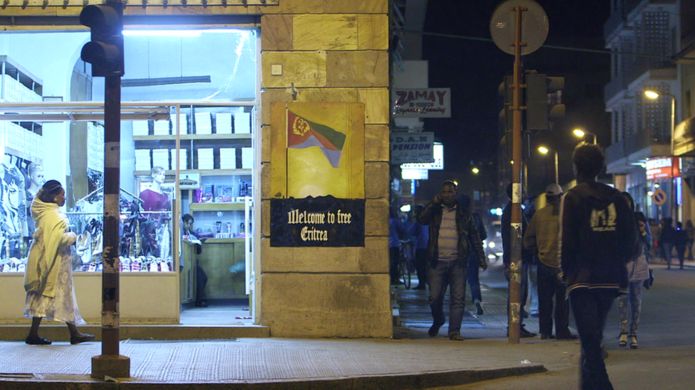
Eritrea has been criticised for its levels of freedom of expression. There is no privately owned domestic media. Rights groups say that government journalists arrested in 2009 and 2011 are still imprisoned in solitary confinement without any prospect of a trial. But the ruling party's Yemane Ghebreab said the government-owned media was able to give a "forum for different opinions".
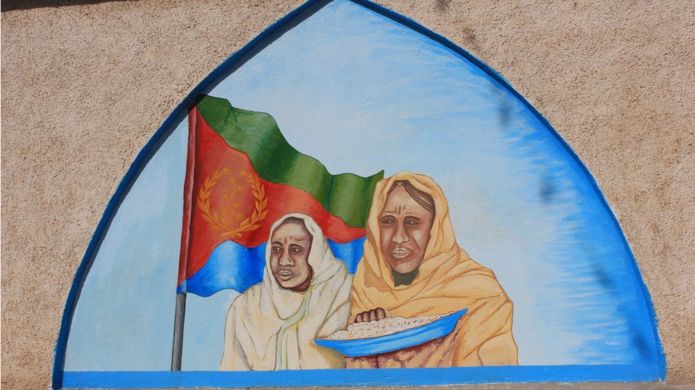
There are many large murals around the country, reminding people of the need for self-reliance. Eritrea had a long struggle for independence which it gained from Ethiopia in 1993. It also fought a border war with Ethiopia between 1998 and 2000.
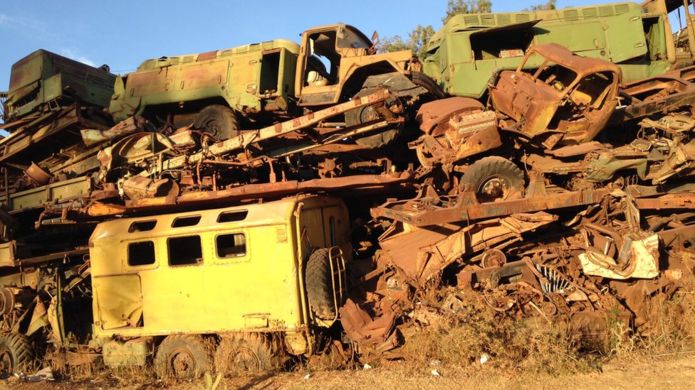
On the outskirts of Asmara lies this tank graveyard, with old Ethiopian tanks, trucks and other military vehicles captured during decades of conflict.
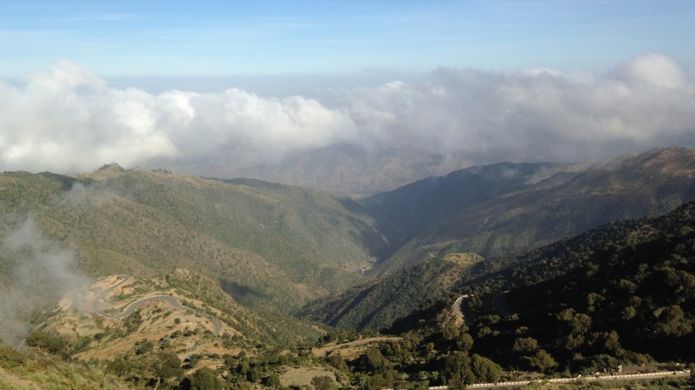
On the road from Asmara to the port city of Massawa, one drives through the mountainous green belt, a lush part of the country which is a haven for wildlife.
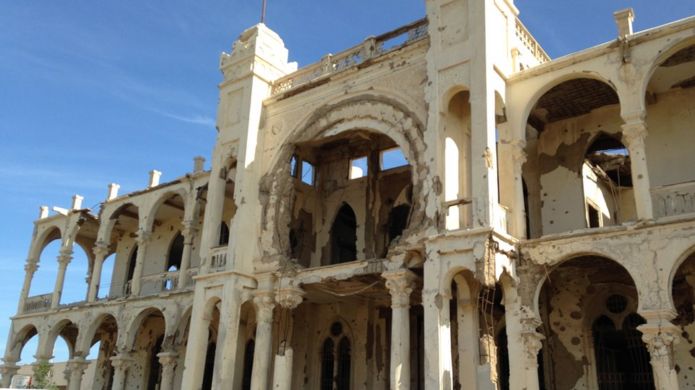
This old bank in Massawa was used as a shelter during the conflict with Ethiopia - and has been left untouched as another reminder.
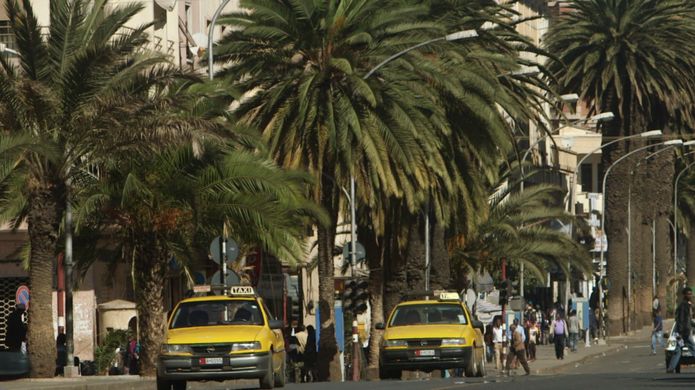
Asmara's leafy boulevards and modernist buildings are also a reminder of its Italian colonial past. The country was occupied by the Italians for nearly 50 years until 1941.
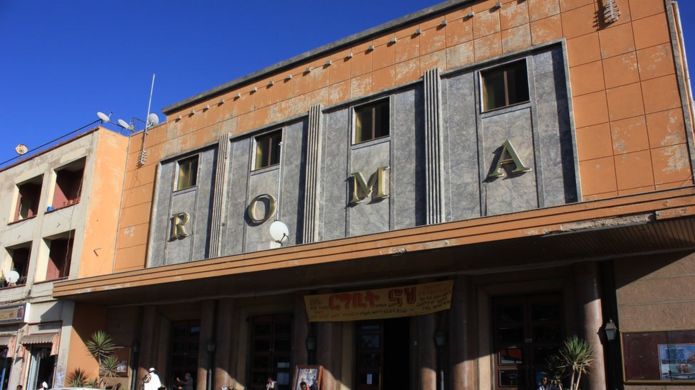
Italy's fascist dictator Benito Mussolini wanted Asmara to be the "Piccolo Roma" (Little Rome) in Africa, as he planned a new Roman Empire in the 1930s. Cinema Roma was built in 1937, its facade covered in marble. The cinema is still in working order and boasts a stylish cafe inside.
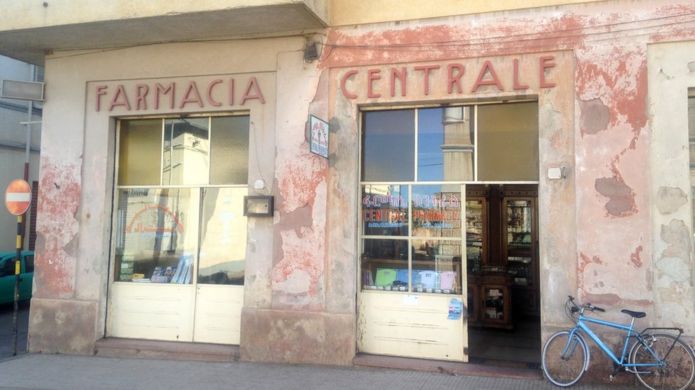
This is the oldest chemist in Asmara, built in 1897. Most of the interior has been left untouched since its construction. The till, purchased in the same year, is still used today.
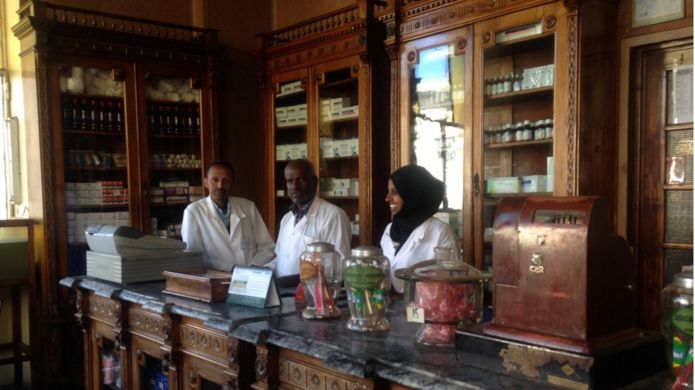
"I love coming to work every day, it is the most beautiful place to work," one of the chemists said. "This was built by the Italians and they know how to build beautiful buildings. Asmara has changed a lot but it's important we keep our history - without our history we are nothing."
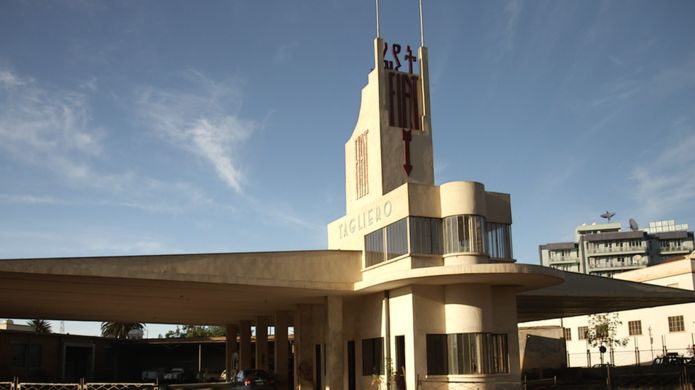
The Fiat Tagliero building in Asmara is a petrol station designed by Italian architect Giuseppe Pettazzi. Completed in 1938, it was meant to resemble an aeroplane. We were told by officials that planners at the time insisted each wing should be supported by pillars. However, Pettazzi reportedly held a gun to the builder's head and threatened to kill them if the supports were not removed.
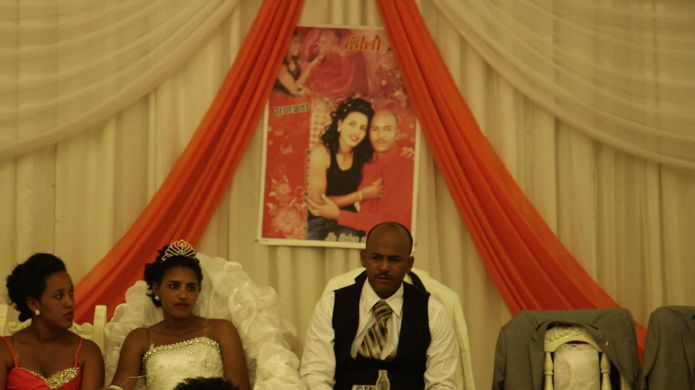
The most common wedding season in Eritrea is in January - which is supposed to be when farmers' workloads are at their quietest. Hundreds of Eritreans from Asmara and across the world came together to celebrate this couple's marriage in a large hall awash with food and drink.
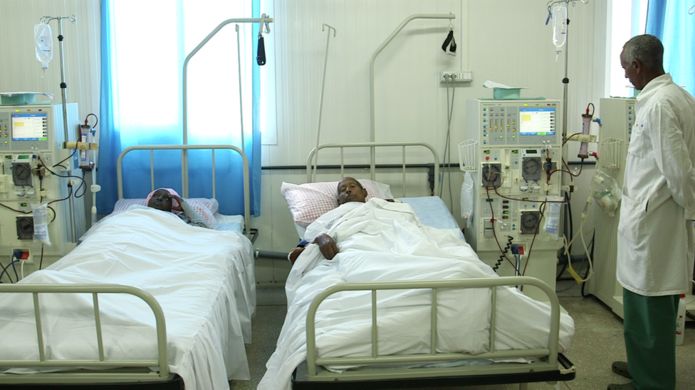
Eritrea's healthcare system has improved dramatically over recent years. Dr Berhane Haileh (not pictured) from the health ministry says the government covers the medical bills for poor people. "To be productive, you have to be healthy - so the government takes health as a priority in the country," she says.
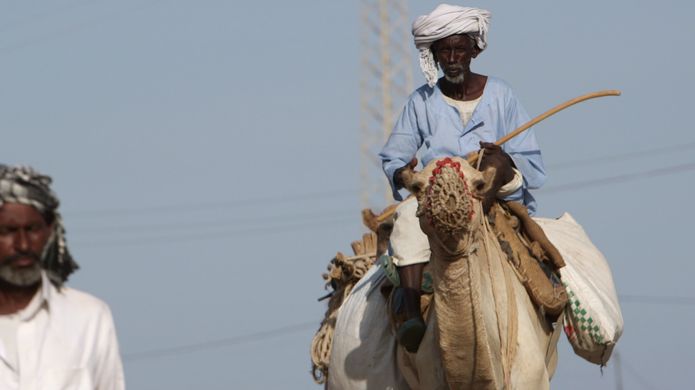
In hard-to-reach rural areas, healthcare supplies are sometimes transported by camel. Much of Eritrea's healthcare success has come from mobilising communities to raise awareness about various diseases and identify issues early on. Photos by the BBC's Javier Manzano and Sam Piranty